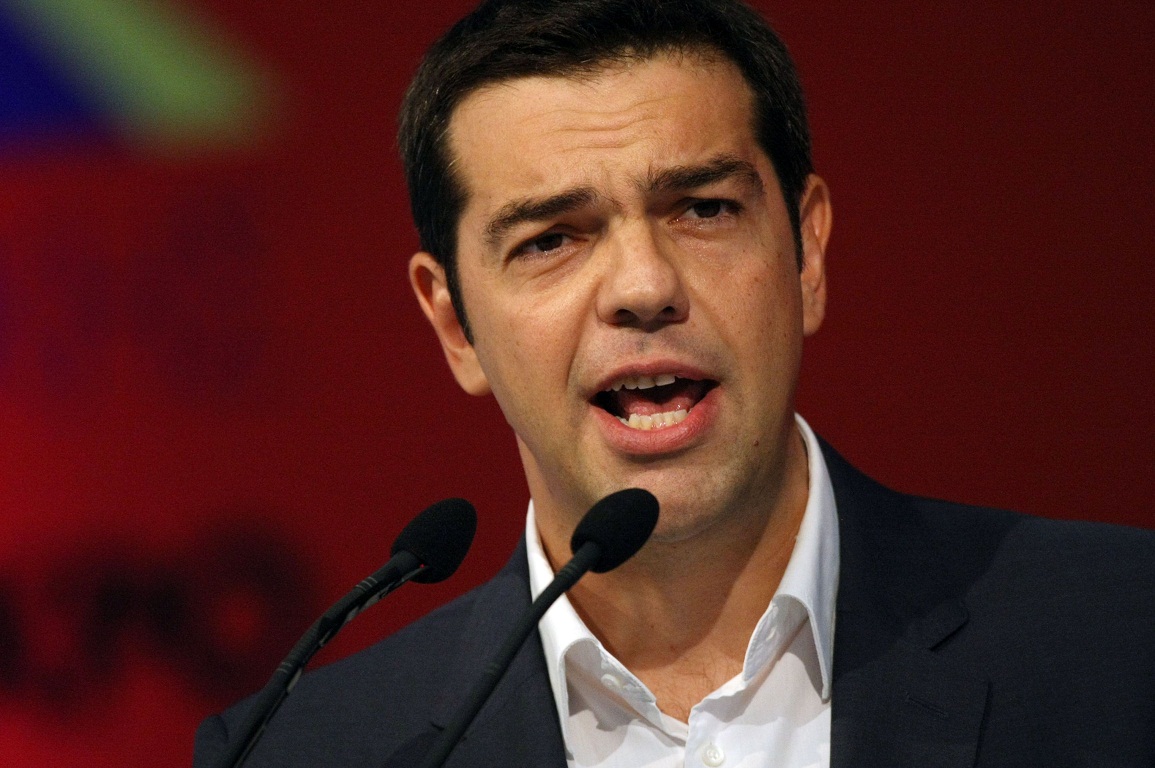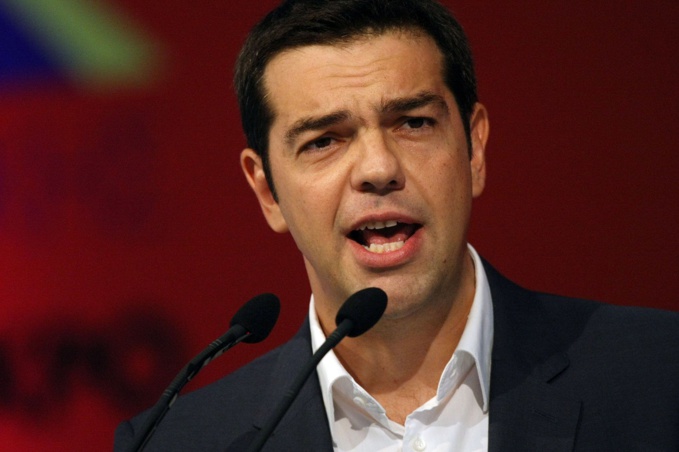The emerging information that the Greek bailout program has caused a shocking conflict of interest may lead to outrage in the country, which has been suffering from austerity measures for seven years.
Leo Hoffmann-Axthelm of Transparency International said that the ECB expects to repay its Greek bonds, while approving the progress in implementing reforms by Athens. According to him, the European central bank literally "sits on two chairs."
Interest payments on Greek sovereign bonds that were purchased under the ECB bond buying program will now be redistributed to all central banks of 19 countries in the euro area.
The bond buying program was launched at the beginning of the debt crisis in the euro area in 2010 and expanded with the inclusion of Italy and Spain in 2011. The plan was designed to ease the pressure on borrowing costs of euro zone member states; it preceded a larger central bank quantitative easing (QE) program, which began in 2015.
Greece did not get into the QE program, as it is still in the third phase of the EU's financial assistance program, which will not be completed until August next year.
Most of Greece's public debt of £ 270 billion is in the hands of international, not private, lenders. A study conducted in 2015 showed that the International Monetary Fund (IMF) received a profit of 2.2 billion pounds from Greece's lending.
The ECB did not provide detailed information on the profits received in agreement with the national central banks, but said that decisions on what to do with the money would be taken by the national member states.
In a letter signed by ECB President Mario Draghi, the bank said it was a matter of national competence beyond the competence of the ECB.
Athens was promised a profit from the bond buying program at various stages of the seven-year rescue program. In May 2016, the euro zone finance ministers proposed to return the bond profit in 2014 to the Greek government to help alleviate financial pressure on the country affected by the crisis.
Meanwhile, the country seeks to speed up completion of the review and exit the financial assistance program in a timely manner, Prime Minister Alexis Tsipras said earlier.
"We must demonstrate our determination to complete the third review as soon as possible," said Tsipras in his office.
According to Tsipras, he would like Athens to complete most of the reforms required in the third review by November, so that there is no need to apologize to both Greek citizens and international creditors.
Tsipras called on the creditors of Greece from the European Union and the International Monetary Fund (IMF) to act "in good faith" and help the country get out of the crisis when the third financial assistance program is completed in August 2018.
Tsipras previously said that the IMF should decide whether it will finance the current program of financial assistance to Greece before the end of the year and whether Greece will help complete the key review of the assistance program on time.
In June, the governments of countries approved allocation of another credit tranche for Greece, after the IMF stated that it will join the current program of financial assistance to the country, the third since 2010.
"We can live both with (participation) the IMF, and without it," - said Tsipras at a press conference at the 82nd International Exhibition in Thessaloniki. However, he said, Greece needs the IMF to decide on its participation in the financial assistance program.
The end of the year will be a "reasonable time" for the decision of the fund, the prime minister believes. Athens intends to quickly complete its next review of the assistance program, he said, adding that Greece will become financially independent in 2018.
The euro area and the IMF have provided Greece loans of about € 260 billion from 2010, writes Reuters. In turn, Greece adopted austerity measures, which led to a reduction in its production by a quarter and the loss of thousands of jobs. Creditors are quarterly reviewing the progress of Greece in the implementation of reforms.
source: reuters.com, express.co.uk
Leo Hoffmann-Axthelm of Transparency International said that the ECB expects to repay its Greek bonds, while approving the progress in implementing reforms by Athens. According to him, the European central bank literally "sits on two chairs."
Interest payments on Greek sovereign bonds that were purchased under the ECB bond buying program will now be redistributed to all central banks of 19 countries in the euro area.
The bond buying program was launched at the beginning of the debt crisis in the euro area in 2010 and expanded with the inclusion of Italy and Spain in 2011. The plan was designed to ease the pressure on borrowing costs of euro zone member states; it preceded a larger central bank quantitative easing (QE) program, which began in 2015.
Greece did not get into the QE program, as it is still in the third phase of the EU's financial assistance program, which will not be completed until August next year.
Most of Greece's public debt of £ 270 billion is in the hands of international, not private, lenders. A study conducted in 2015 showed that the International Monetary Fund (IMF) received a profit of 2.2 billion pounds from Greece's lending.
The ECB did not provide detailed information on the profits received in agreement with the national central banks, but said that decisions on what to do with the money would be taken by the national member states.
In a letter signed by ECB President Mario Draghi, the bank said it was a matter of national competence beyond the competence of the ECB.
Athens was promised a profit from the bond buying program at various stages of the seven-year rescue program. In May 2016, the euro zone finance ministers proposed to return the bond profit in 2014 to the Greek government to help alleviate financial pressure on the country affected by the crisis.
Meanwhile, the country seeks to speed up completion of the review and exit the financial assistance program in a timely manner, Prime Minister Alexis Tsipras said earlier.
"We must demonstrate our determination to complete the third review as soon as possible," said Tsipras in his office.
According to Tsipras, he would like Athens to complete most of the reforms required in the third review by November, so that there is no need to apologize to both Greek citizens and international creditors.
Tsipras called on the creditors of Greece from the European Union and the International Monetary Fund (IMF) to act "in good faith" and help the country get out of the crisis when the third financial assistance program is completed in August 2018.
Tsipras previously said that the IMF should decide whether it will finance the current program of financial assistance to Greece before the end of the year and whether Greece will help complete the key review of the assistance program on time.
In June, the governments of countries approved allocation of another credit tranche for Greece, after the IMF stated that it will join the current program of financial assistance to the country, the third since 2010.
"We can live both with (participation) the IMF, and without it," - said Tsipras at a press conference at the 82nd International Exhibition in Thessaloniki. However, he said, Greece needs the IMF to decide on its participation in the financial assistance program.
The end of the year will be a "reasonable time" for the decision of the fund, the prime minister believes. Athens intends to quickly complete its next review of the assistance program, he said, adding that Greece will become financially independent in 2018.
The euro area and the IMF have provided Greece loans of about € 260 billion from 2010, writes Reuters. In turn, Greece adopted austerity measures, which led to a reduction in its production by a quarter and the loss of thousands of jobs. Creditors are quarterly reviewing the progress of Greece in the implementation of reforms.
source: reuters.com, express.co.uk



















